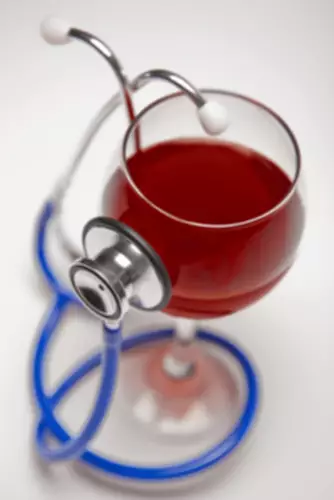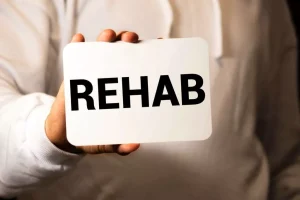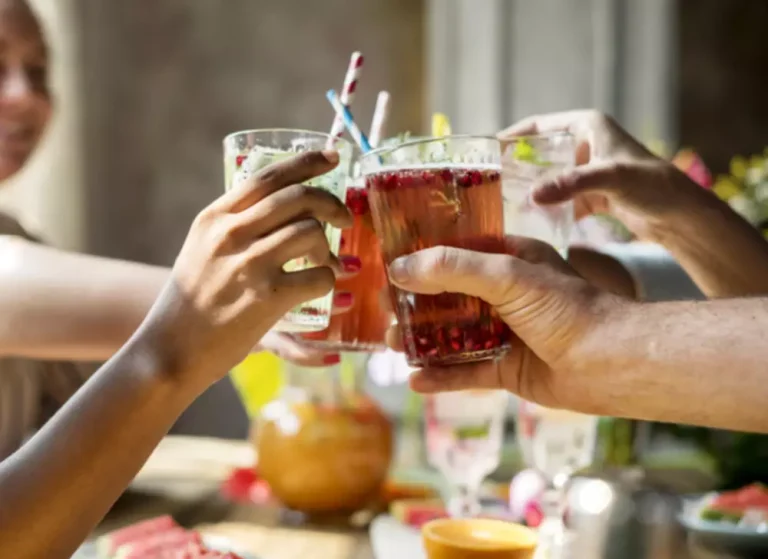
It’s important to treat sleep disorders such as insomnia (difficulty falling or staying asleep) or sleep apnea (when breathing stops multiple time a night) if they are present. You probably enjoy the occasional glass of wine with dinner or cocktail with friends, but did you know that even light alcohol consumption can negatively impact your sleep? Today, we dive deeper into the connection between alcohol and sleep to discover if a harmonious relationship between the two is possible. Avoid consuming alcohol close to bedtime, as it can disrupt the later stages of sleep.
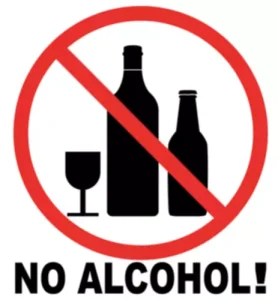
But the truth is, drinking regularly—even moderate drinking—is much more likely to interfere with your sleep than to assist it. People with insomnia often wake up tired and struggle with poor memory or concentration. You can stop bloating from alcohol consumption by refraining from drinking alcohol. Or, you may keep drinking in moderation and avoid carbonated drinks or those with artificial sugars to see if this reduces bloating. When there is actual irritation in the stomach from drinking, bloating or other symptoms might last longer. Drinking alcoholic beverages every day may extend the acute effects and continue the cycle of symptoms.
Alcohol may be consumed in beer, wine, and hard liquors like vodka, rum, gin, and whiskey. It is more often consumed at night, also called a nightcap, and may negatively affect your sleep. While alcohol can make you feel tired at first, it can also disturb your sleep as it wears off.
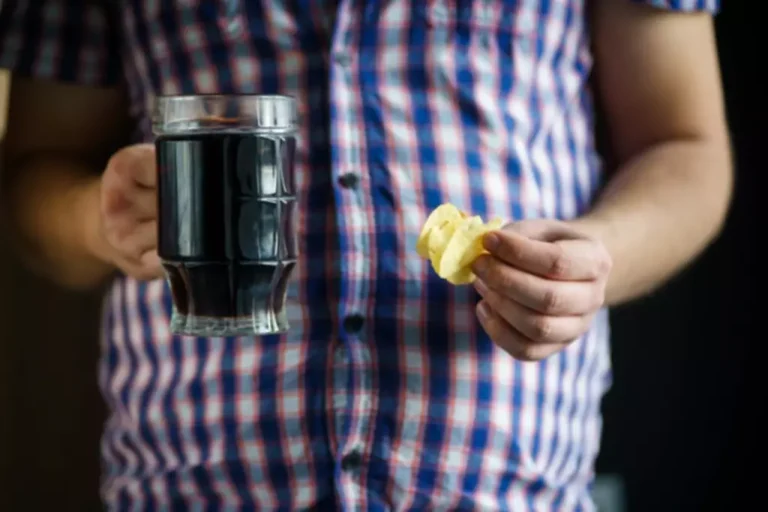
Thirdly, alcohol causes restless sleep, which, as well as adding to sleep debt, is less restorative than unbroken sleep and can make you feel more fatigued. If you think you may have a sleep problem or disorder, consider taking our brief sleep quiz to find out. Remember that only a healthcare professional or sleep specialist can https://ecosoberhouse.com/ diagnose a sleep condition. Older men who consume alcohol are more likely to have a worse sleep profile, characterized by waking tired and waking several times during the night. Many of us find ourselves tossing and turning at night, trying to get that elusive 7 to 8 hours of sleep experts say we need but never finding it.
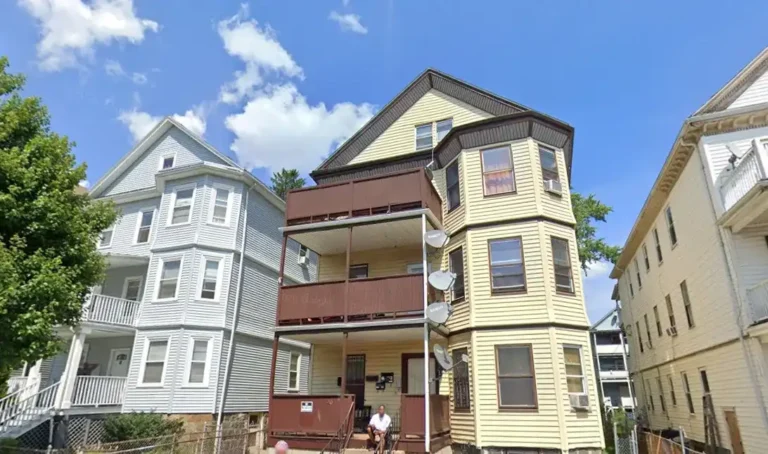
Some of us may also be so caught up with the positives of drinking alcohol — like feeling relaxed and happy — that we ignore the negative effects — like sleep problems. What it does will depend on how much you drink and how close to bedtime you drink it. Plus, alcohol can affect does alcohol help you sleep us all differently depending on factors like our age, sex, and metabolism. Some people may resort to drinking alcohol as a sleep aid or agent that initiates sleep. Sleep deprivation due to alcohol consumption can exacerbate performance impairment and daytime sleepiness.
